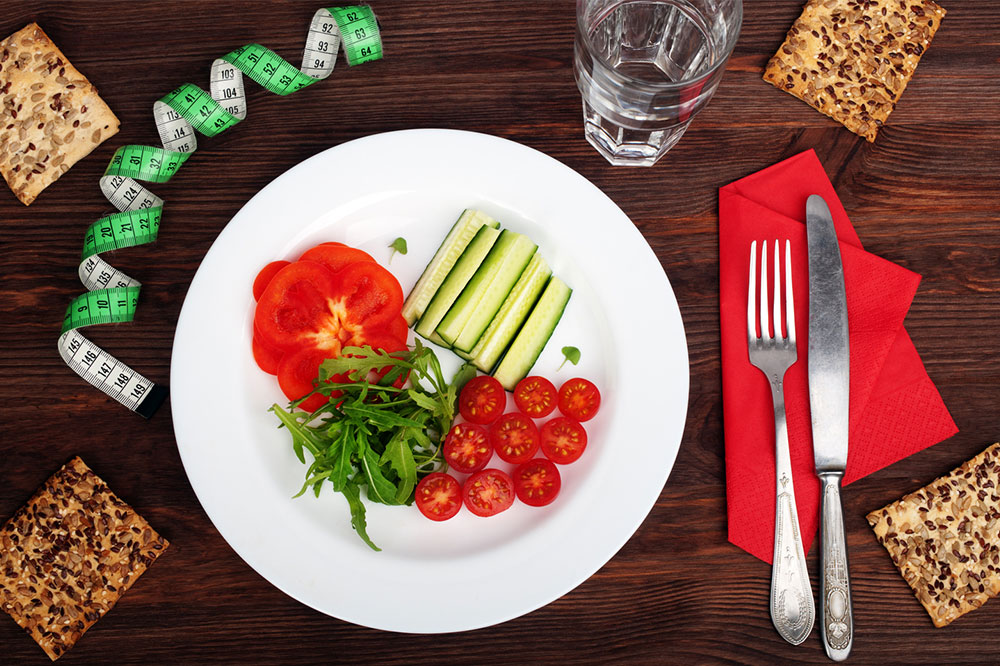Smart Dietary Approaches to Combat Gastritis
Explore effective dietary strategies to manage gastritis. Learn about beneficial foods, lifestyle habits, and risk factors. Incorporating anti-inflammatory and antibacterial foods, minimizing irritants, and managing stress can help alleviate symptoms and promote healing. Consult healthcare providers for personalized advice.

Smart Dietary Approaches to Combat Gastritis
Persistent indigestion may indicate gastritis, an inflammation of the stomach lining caused by bacteria, stress, or dietary habits. Symptoms include abdominal pain, nausea, and burning sensations. Without treatment, it can progress to ulcers or stomach cancer. The main culprit is Helicobacter pylori infection. Proper diet and lifestyle modifications are essential; choosing beneficial foods and eating patterns can reduce inflammation and minimize flare-ups.
Although no diet can cure gastritis completely, certain foods and habits help alleviate symptoms. Incorporate anti-inflammatory and antibacterial items like yogurt and broccoli, which fight H. pylori. Broccoli contains sulforaphane, known for reducing inflammation and lowering stomach cancer risk. Yogurt provides beneficial bacteria to combat infection. Other helpful foods include herbal teas, honey, olive oil, berries, celery, and apples. Eating smaller, more frequent meals decreases acid production, while staying well-hydrated and avoiding alcohol reduces inflammation. Always consult a healthcare professional before taking supplements like probiotics or omega-3s, as they may interact with treatments.
Limit fatty, salty, or spicy foods that can irritate the stomach lining. Smoking and stress can worsen symptoms and delay healing. Strategies to manage stress, such as relaxation techniques, aid recovery. Risk factors for gastritis include excessive alcohol use, obesity, smoking, certain medications like NSAIDs, and high-fat diets. Avoiding these triggers can lower the risk of developing gastritis and related ulcers.


